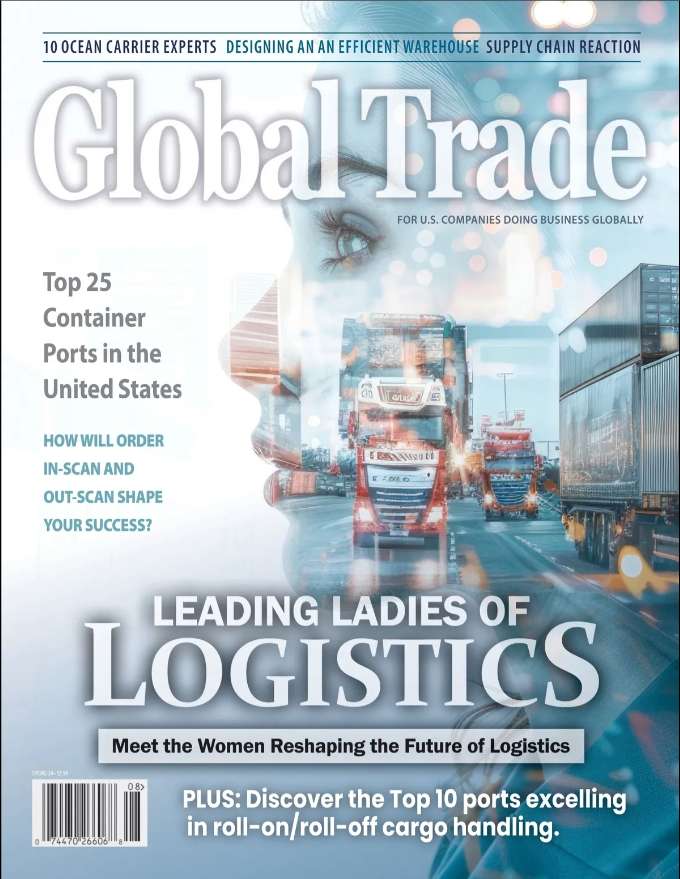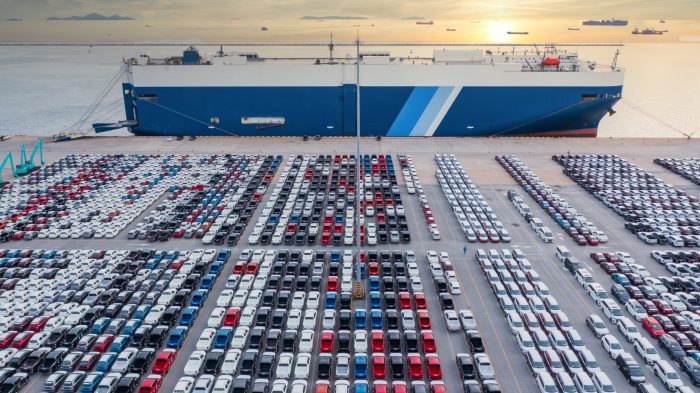Chinese Electric Cars Encounter Difficulties in Getting Sales in European Markets
The rise of China’s automotive industry has been meteoric, marked by a transformation from producing basic clones to manufacturing vehicles that rival the world’s best. However, despite the country’s prowess as a manufacturing powerhouse, Chinese cars, particularly electric vehicles, are encountering obstacles in finding buyers in European markets. Imported Chinese electric cars are accumulating at European ports, languishing for extended periods, as manufacturers grapple with the challenge of penetrating European driveways.
Despite garnering positive reviews for their performance, range, quality, and technology, Chinese electric vehicles face an uphill battle in entering an established market dominated by renowned European brands. The complexity of challenging established players in the automotive sector is multifaceted, encompassing factors such as buyer skepticism, lack of brand recognition, trade barriers, and rapid technological advancements.
Read also: US-China Auto Business Growing
Historically, Japan’s automotive industry underwent a similar trajectory of initial skepticism before establishing itself as a global powerhouse. Japanese cars, initially perceived as inferior to their Western counterparts in terms of design and durability, gradually overcame these perceptions through a relentless focus on reliability, affordability, and aesthetic improvements. Drawing parallels, Chinese automakers are rapidly advancing to rival and surpass existing alternatives, leveraging strategic acquisitions of renowned brands like Volvo, Lotus, and MG to bolster their credibility and engineering expertise.
However, despite acquiring Western brands, Chinese automakers struggle to secure loyalty from existing customers of established brands like BMW, Porsche, and Ford. Brand loyalty, reinforced by a legacy of reliability and motor sport success, poses a formidable barrier for Chinese manufacturers to overcome, necessitating a concerted effort to build trust and credibility over time.
Moreover, Chinese electric vehicles face challenges in navigating trade barriers, including high import tariffs imposed by regions such as the EU and the US. Despite cost advantages stemming from economies of scale and efficient manufacturing processes, import tariffs hinder the competitiveness of Chinese cars in international markets, exacerbating the struggle to gain traction among European consumers.
Additionally, the rapid pace of technological evolution in the automotive sector, exemplified by Tesla’s continuous product updates, poses a dilemma for Chinese automakers. The accelerated release of new models risks rendering previous purchases obsolete, potentially eroding consumer confidence in the longevity and value of their investment.
To navigate these challenges and succeed in European markets, Chinese automakers must pivot towards targeting fleet and rental markets, which prioritize cost considerations over brand loyalty. By focusing on mass sales to fleet operators, Chinese manufacturers can accelerate market penetration and gather crucial data on reliability, laying the groundwork for long-term success.
Despite the formidable obstacles, China remains steadfast in its global expansion efforts. However, the road to success in European markets will undoubtedly be fraught with challenges, underscoring the imperative for Chinese automakers to adapt and innovate in order to secure a foothold in this competitive landscape.





Leave a Reply